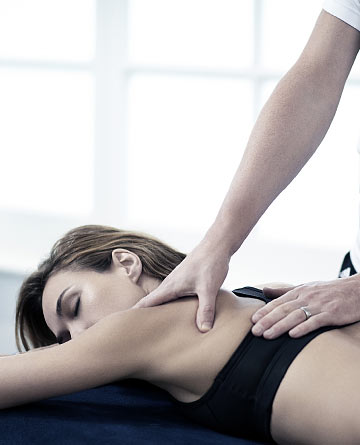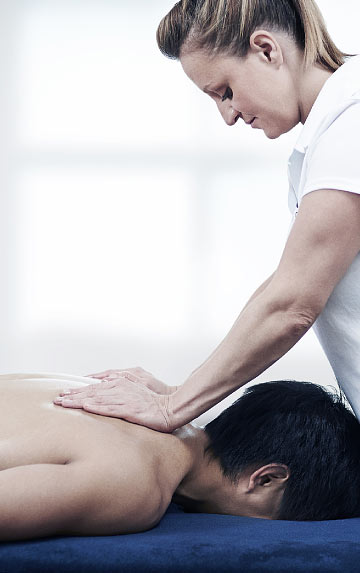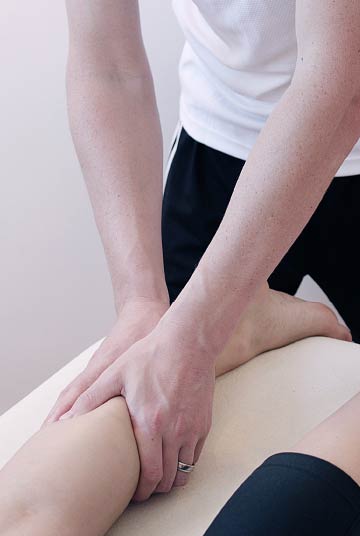
Why come?
The three most common reasons to have a Body MOT are:
- you’re taking up a new sport, activity or physical challenge, or you’re ramping up the intensity of your existing training regime
- you have a recurring injury or niggle, muscle soreness and/or tightness, or you’ve noticed a restriction in your range or quality of movement
- to check for any underlying issues or predisposition to injury – whether as part of your lifestyle, your work set-up, or from some underlying postural or biomechanical imbalance
Whatever the reason, a body MOT is a fundamental part of a Prehabiltative approach to fitness – think of it as preventative maintenance for your body to keep you stronger, healthier, moving better, and pain- and injury-free for longer.
Is it right for me?
Over time, all of us develop a number of compensatory movement patterns – it could be to get around areas of weakness, or the result of an injury, or in response to a lifestyle-related issue (working at a desk, wearing high heels, using a laptop or tablet are amongst the usual culprits). We rarely know we’re doing it, but over time it can lead to overuse of certain joints and before long, to pain, injury and dysfunction.
So if you think it’s work spending a little time to have an expert Physiotherapist assess your posture, movement patters, range and quality of movement, to understand where you are now, what the issues may be, what’s caused them, and what to do about it before they become painful, damaging or debilitating, then it’s right for you.
What will it be like?
It’s a comprehensive, individualised assessment to identify and assess the areas that will be under the most strain from your activities, and that could compromise your ability to meet any goals you may have set yourself.
Most often, the specific scope and content of the Body MOT will be guided by you. So we’ll look at any injuries/or pains you may have, any areas of tightness, what you’re trying to achieve, and the lifestyle factors that are influencing your position or posture.
Your Physiotherapist will ask you a series of very specific questions to narrow down what could be going wrong (or is at risk in the future), and to understand the way your body behaves, and how it and you are functioning.
From there, they will perform a targeted examination, this will likely include postural analysis, movement testing, strength testing, and video analysis of functional activities (from running to lifting technique).


Results and benefits
Your Physiotherapist will then collate this information to develop strategies to minimise the risk of injury using techniques such as biomechanical correction and strengthening
He or she will devise you a plan to address the underlying issues, most likely giving you some form of takeaway exercise sheet (with pictures), of the most appropriate exercises/strategies that you need to perform to help resolve any issues your problems or prevent injury.
If required, we can recommend a number of additional treatments or preventative measures, often including manual therapy, Sports Massage, Pilates or Personal Training.
And last but most definitely not least, you’ll come away with a better knowledge and understanding of your body’s movement patterns and awareness of any areas of weakness or instability. You’ll also be given exercises and techniques to address any issues, tips to enhance the effectiveness of your workout, to increase your performance, and to reduce the risk of injury.


